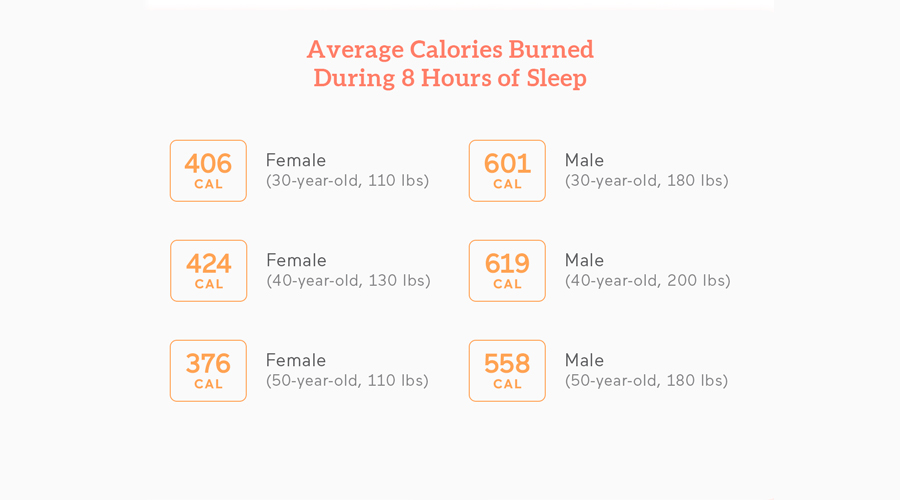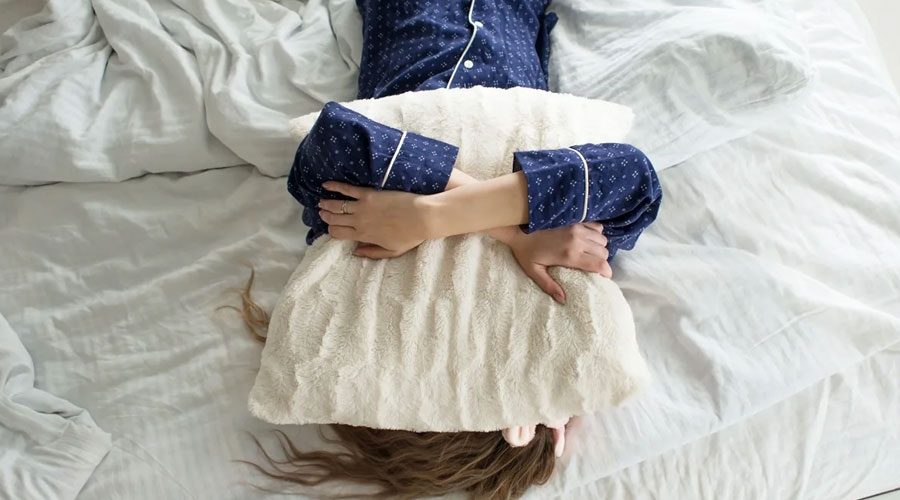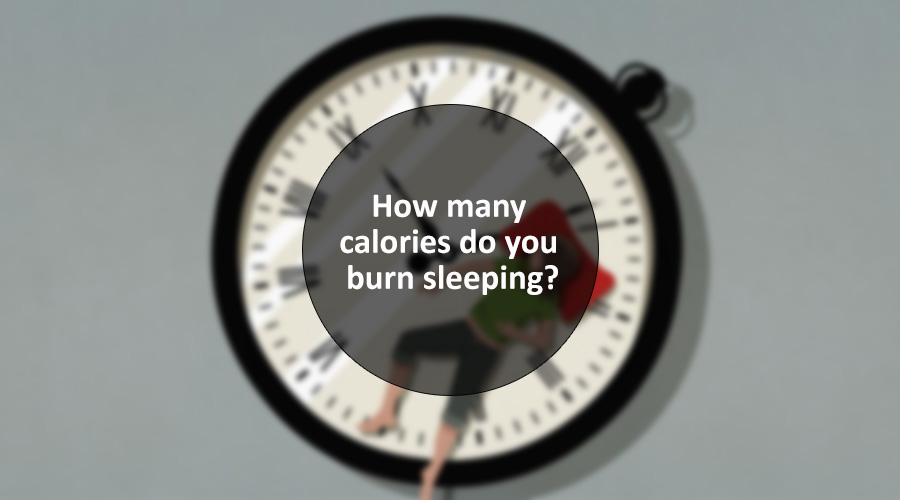Sleeping can be a great way to burn calories. Sleep is the only activity that burns fewer calories than sitting at room temperature not actively digesting food. It is the lowest caloric burning activity. However, it’s important to know how many calories you’re burning and whether or not you’re burning more than you’re burning when you’re awake. Some people burn more calories sleeping than they do when they’re awake, while others don’t burn as many. This article will give you the answers as to how many calories you burn during sleep.
How your body uses calories while you sleep

When you sleep, your body is using up calories. This process is called “catabolism.” During the day, your body uses calories to do things like digest food and move around. But when you go to sleep, your body stops using energy and starts to catabolize (break down) tissues and organs. The process of catabolism happens slowly over a period of hours or even days, so it’s not something that you’ll immediately notice.
This time is an opportunity to optimize your health by understanding how your body uses calories while you sleep. Calories burned while sleeping depend on several factors, including age, weight, and exercise habits.
How average calories are burned during 8 hours of sleep

There are many myths about how many calories a person burns while they sleep. In fact, there is no scientific consensus on how many calories people burn while they sleep. However, a 2013 study published in the American Journal of Clinical Nutrition found that people burn an average of 100 to 250 calories while sleeping. This means that if you burn 250 calories in 8 hours, you have burned the equivalent of 2 pounds of weight during those 8 hours.
Do sleep stages affect calories?

Do sleep stages affect calories burned during the night? A recent study by the University of Colorado Boulder found that people who sleep in deep stages burn more calories than those who sleep in light stages. The study also found that people who are caffeine-deprived tend to sleep in light stages, which may account for why they have a harder time losing weight. The study says that people who want to lose weight should try to sleep in deep stages and avoid caffeine if they want to stick to their diet.
How to burn more calories during sleep

If you want to burn more calories during sleep, there are a few things you can do. First, make sure you are getting enough sleep. Second, keep your bedroom as dark as possible to help suppress the body’s natural urge to burn calories. Third, avoid eating large meals close to bedtime. Fourth, exercise regularly throughout the day so that you don’t lose muscle mass and burning potential.
What factors affect the basal metabolic rate?

The basal metabolic rate (BMR) is the number of calories that a person burns at rest. It is a key measure of your body’s overall activity level and can affect your weight and health. Basal metabolic rate (BMR) can be affected by a variety of factors including age, sex, weight, muscle mass and body composition, activity level, and genetics. Knowing your BMR can help you determine how active you need to be to maintain your current weight and also help you set realistic goals for weight loss or maintenance.
Will exercise help burn calories during sleep?

Exercise has been shown to help burn calories, but does it have the same effect on burning calories while we are asleep? A study published in The Journal of Sleep Research found that moderate-intensity cycling before sleeping helped reduce excessive nighttime calorie intake and body weight. Participants who exercised lost more weight and body fat than those who did not exercise. The researchers suggest that sleep-based exercise may be an effective way to reduce obesity and its related health problems.
How can I lose weight by sleeping?

The average person consumes about 9 hours of sleep each night. However, many people are not getting the recommended 7 to 8 hours of sleep. Lack of sleep can lead to weight gain and other health problems. There are a number of ways to lose weight by sleeping. One way is to decrease the number of hours that you spend asleep. Another way is to increase the amount of time that you spend asleep.
Derivation
In conclusion, the number of calories burned while sleeping varies depending on a person’s weight, body composition, and sleep habits. However, on average, people burn around 60 to 100 calories per hour of sleep. To ensure you are burning the most amount of calories possible during your slumber, aim to get at least eight hours of sleep each night and stick to a healthy diet and exercise routine.
FAQ
How many calories do you naturally burn in a day?
Calories burn naturally throughout the day, but how many varies depending on your activity level. According to the Centers for Disease Control and Prevention, the average person burns about 1,500 calories a day. This means that it is important to be active and burn more calories than you consume in order to maintain a healthy weight.
Is it true you burn 500 calories while sleeping?
You might be surprised to learn that you burn 500 calories while you sleep. This is thanks to the body’s natural process of burning calories as it rests and relaxes. The National Sleep Foundation report that people burn an average of 300 to 500 calories per night when they are asleep.
How do you calculate how many calories I burn while sleeping?
Calculating how many calories you burn while sleeping can be important both for weight loss and to maintain your current weight. The amount of calories burned while sleeping is determined by the number of hours you sleep per night, the intensity of your sleep (light, deep, or REM), and the activity level when you are awake.
How many calories do you burn sleeping for 12 hours?
How many calories do you burn sleeping for 12 hours? According to the National Sleep Foundation, adults burn around 100-300 calories while asleep. This means that if you’re burning 300 calories a night, over the course of 12 hours you’ll have burned 3,600-9,000 calories.

